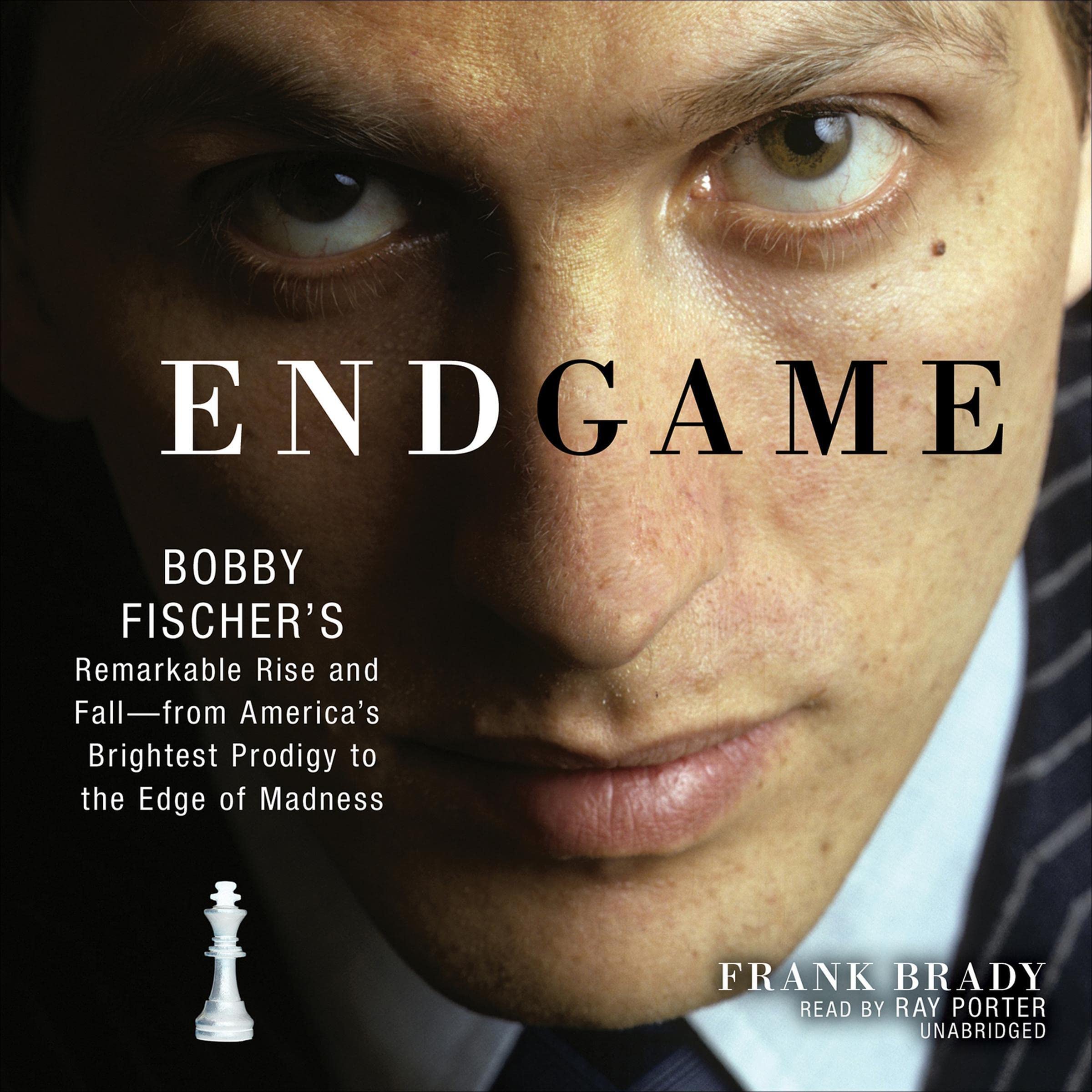معلومات عنا


Full description not available
D**S
A sketch rather than a finished portrait
As a keen amateur chess enthusiast and one similar in age to Fischer, I was already aware of most of the details of Fischer's life. I read this book in the hope of finding some explanations for his anti-Americanism, his anti-Semitism, his Holocaust denial, his ingratitude to friends, his hypochondria, and his failure to play competitive chess after 1972 except for the meaningless match against Spassky in 1992. This book describes those elements of Fischer's character but offers no insights, and is a somewhat superficial treatment. For example, we are told that as a young man Fischer suddenly started to make anti-Semitic comments to acquaintances. There is no attempt to explain why this might have been so. Fischer's mother was Jewish (as was his probable real father) but he was not brought up in a religious family so it is unlikely that he might have been rebelling against his Jewish heritage.I suspect that in Britain the book will be read mainly by chess players but the author clearly aims the book primarily at Americans, including non chess players interested in their fallen hero, which means he has to regularly explain features of the game that are basic knowledge for players. More importantly, the author avoids being too critical of Fischer, aware that many American readers will be passionate Fischer fans. For example, Brady explains Fischer's failure to play Karpov for the world championship in 1975 primarily as Fischer's desire for a change from the pattern of a 24 game match established by FIDE for all world championships after 1948 to a first to 10 wins with the holder keeping the title if the score was 9-9. This meant that if the score reached 8-8 then the challenger would have to win 10-8 to become champion. Brady does not criticise Fischer for this but quotes a match in 1910 with the same rule. He does not say that the rule was considered controversial and unfair even in 1910 and that the situation was very different in 1910, when the champion treated the title as his personal possession and accepted challenges on his own terms. From 1948 the title was owned by FIDE, which established the rules, and FIDE went to enormous lengths to change the rules to the first to ten wins to accommodate Fischer but was unwilling to accept Fischer's 10-8 demand. Neither does Brady offer fear of failure as a possible reason for Fischer's unwillingness to play Karpov except on his own terms. Karpov had played powerfully in matches to quality to meet Fischer, and was the only leading player younger than Fischer and the only one Fischer had never played. It is odd that Brady does not mention this as at least a possibility because he does suggest that fear of failure was a factor inhibiting Fischer's participation in chess after 1975.After 1975 Fischer spent much of his time as a semi-recluse and this is reflected in the book's sketchy details of the final 33 years of his life. Fischer's paranoia is recounted but not explained. One of the strangest of Fischer's theories was that the five matches between Kasparov and Karpov between 1984 and 1990 were rigged, with the players making pre-determined moves. As a conspiracy theory that has even less credibility than the theories that the moon landings were faked or that the CIA organised 9/11.Fischer was one of the greatest of all chess players. He was also a fine writer on chess. However, as a human being he sadly had many deficiencies that cut short his chess career and led to his eventual exile in Iceland. These are outlined in "Endgame" but it is a character sketch of Fischer rather than a finished portrait.
M**Y
A Complicated And Contradictory Man
They say that genius skirts close to madness and that could certainly be pointed at Bobby Fischer, but he was not mad.He was certainly a genius at chess, but his outlandish statements and behaviour as he reached adulthood and onto death make him a hard man to like or even admire.All that being said this is an interesting read, and I feel an even-handed look at his life.
J**D
Hard work, but worth it
Frank Brady gives us a close look into the career of a chess genius, from his first contact with the board to world championship and beyond. He helps us to understand that genius is not a bed of roses. Bobby Fisher certainly made many people suffer, but he also suffered from the incomprehension of many people. A tragic life, that this book helps understand.You won't learn much about playing chess, but you may learn things that will help you live with genius.This book is hard work, but worth it.
M**E
A MYSTERY
Bobby Fischer was a complex,fascinating person who also happened to be one of the best chess players in the world with a genius iq.However we are all aware of his descent into mental illness and his hatred of jews.I find these obsessive people so interesting and was very much looking forward to this biography.Well it was a good read but boy its like a thrown stone skimming water.It literally will jump years in paragraphs and for me this is not good enough.I would recommend the book but would advise waiting for the paperback version.It offers a a few interview snippets but nothing much.A subject like Fischer needs a lot more work and effort,i read the book in two days wanting to know far more.
M**M
Bobby Fischer
I am a fan of the main character. No matter the author , always will gonna be a glimpse of truth in to it
E**Y
Beneficial.
Educational.
J**R
nice price
Good book, nice price
J**N
Four Stars
A fine and very readable biography.
ترست بايلوت
منذ 3 أسابيع
منذ أسبوعين